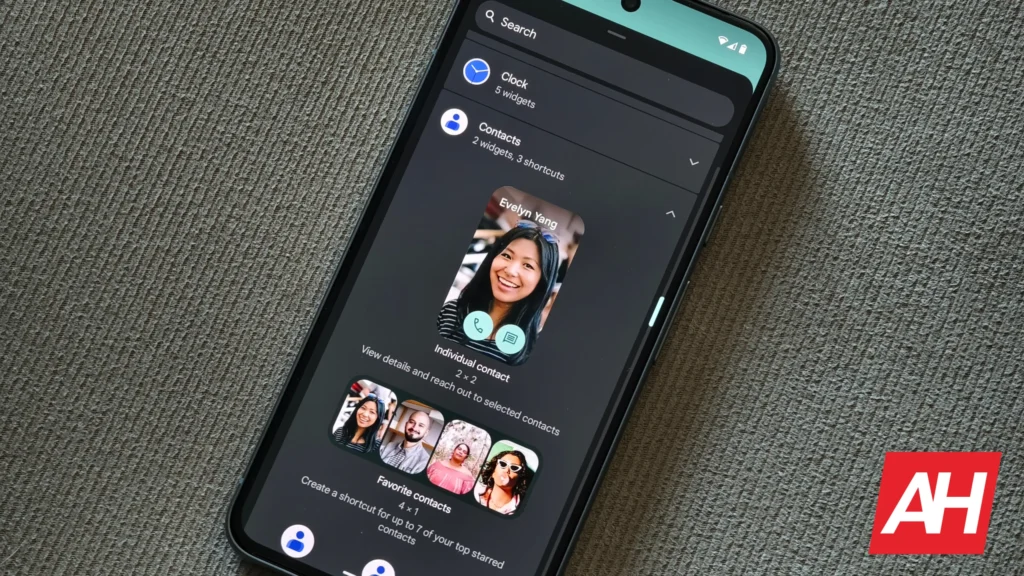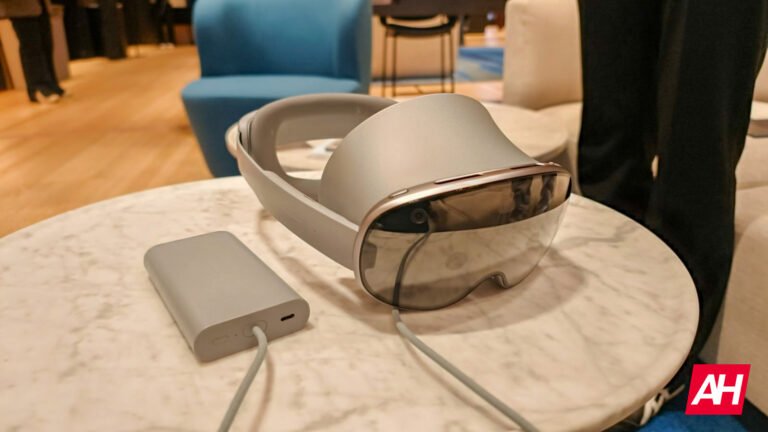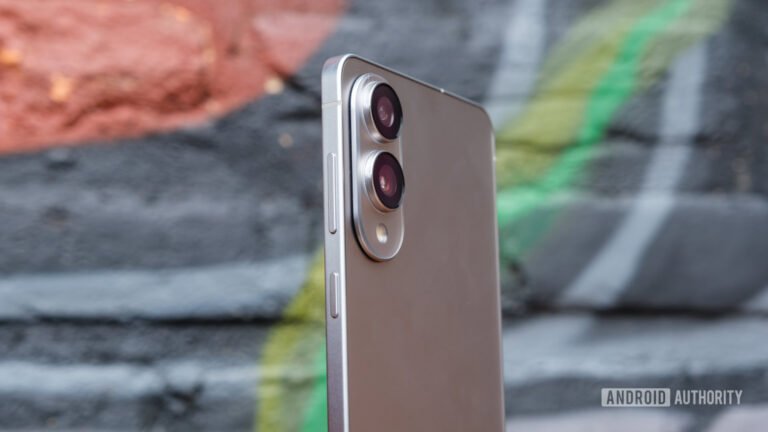

That contact list on your phone is a goldmine of private data. It is full of names, birthdays, addresses, and more. Until now, if an app wanted to interact with your address book, you faced an annoying “all-or-nothing” choice: grant full access to every contact or deny access completely. Apps that only needed one or two phone numbers often ended up with a key to your entire digital rolodex. Well, it seems that Google will fix this privacy flaw on Android 17 by introducing a dedicated Contacts Picker tool.
No more all-or-nothing: Android 17 to bring granular contact sharing
As spotted by Android Authority, the next big OS update may introduce a dedicated Contacts Picker. The feature aims to give users granular control over their shared data. The idea is similar to the existing Photo Picker that lets you select only certain images to share with an app.
This new system app will act as a secure intermediary. When an app needs a contact, instead of asking for broad system permissions that unlock your full address book, Android 17 will prompt the user to interact with this new picker interface.
This fundamental shift brings three major privacy upgrades to how your data is managed. First, the new system offers selective sharing. You get to manually choose one, two, or a handful of contacts to share with the calling app. This ends the requirement of handing over every single contact entry to an application that genuinely only needs access to one or two names.
One-time snapshot access for contacts
The second key privacy safeguard lies in one-time snapshots. The access an app receives from the Contact Picker is not continuous. This means that the app will only get a snapshot of the shared contact’s information at that moment in time. So, if you change that contact’s email or phone number later, the application does not automatically get the update. The approach prevents apps from tracking changes and building a continuous, updated profile of your address book over time.
Lastly, the new tool enables granular requests. Developers gain the ability to be extremely specific about the data they need. Instead of requesting all contact data—including birthdays, addresses, and secondary emails—an app can use a new system action to ask only for specific data fields. They could ask for just the phone number or limit the maximum number of contacts the user can select. This forces apps to be transparent and accountable about the precise data they are handling.
It’s noteworthy that developers are not technically forced to use the new Contact Picker. They could still request broad, old-school permissions. However, the shift in focus puts the power back into the user’s hands. This makes it harder for apps to justify needing access to data they do not require. Android 17 is still in development, but this feature is shaping up to be one of its most significant privacy improvements.
The post Android 17 Fixes Perpetual Privacy Flaw with New Contacts Picker appeared first on Android Headlines.


